How Safe Is Plastic Surgery Tourism in South Korea?
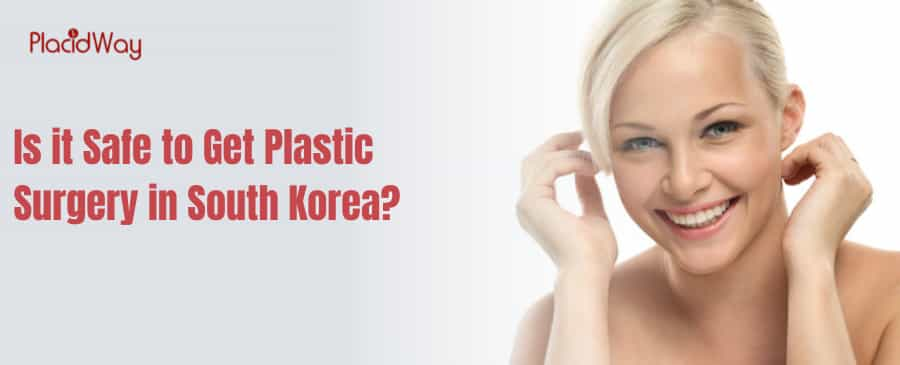
South Korea is often hailed as the plastic surgery capital of the world, renowned for its advanced medical technology and highly skilled surgeons. If you're considering a cosmetic procedure, you've likely wondered, "is it safe to get plastic surgery in South Korea?" The short answer is yes, it generally is, provided you do your due diligence and choose a reputable clinic.
The country's booming medical tourism industry is a testament to the quality of care available. However, like any medical procedure, there are inherent risks, and it's crucial to be well-informed before making any decisions. This comprehensive guide will walk you through the most pressing questions about getting plastic surgery in South Korea, ensuring you have all the information you need to make a safe and confident choice.
Is it Safe to Get Plastic Surgery in South Korea?
"Yes, getting plastic surgery in South Korea is generally safe, especially when you choose a board-certified surgeon and a reputable, accredited clinic. The country is known for its high standards in medical care and advanced surgical techniques."
While South Korea boasts a high level of medical expertise, the safety of your procedure largely depends on the choices you make. The South Korean government has regulations in place to protect patients, including international visitors. Many top-tier clinics are equipped with state-of-the-art technology and adhere to strict safety protocols. These clinics often have English-speaking staff and coordinators dedicated to assisting foreign patients, making the entire process smoother and more secure.
However, it's also important to be aware of the potential risks. The immense popularity of plastic surgery in South Korea has led to a highly competitive market, which unfortunately can give rise to some unscrupulous practices. Issues like "ghost doctors" (where an unqualified person performs the surgery instead of the designated surgeon) and aggressive, sometimes misleading, advertising are concerns to be mindful of. To mitigate these risks, thorough research is paramount. Always verify the credentials of your surgeon and the accreditation of the clinic.
Why is Plastic Surgery So Popular in South Korea?
"The popularity of plastic surgery in South Korea is driven by a combination of cultural factors, the influence of K-pop and K-drama, and the country's highly advanced medical industry that offers innovative and effective procedures."
The phenomenon of plastic surgery in South Korea is deeply embedded in its culture. There's a strong societal emphasis on appearance, and cosmetic procedures are often viewed as a form of self-improvement, similar to education or exercise. This cultural acceptance has destigmatized plastic surgery, making it a common and even celebrated choice for many. The global success of Korean pop culture, with its impeccably styled idols and actors, has further fueled this trend, setting high beauty standards that many aspire to achieve.
Beyond cultural influences, the technical excellence of South Korean surgeons is a major draw. The country is a hub for innovation in cosmetic procedures, with surgeons continuously developing and refining techniques to deliver natural-looking and long-lasting results. This commitment to excellence, combined with competitive pricing compared to many Western countries, makes South Korea an attractive destination for medical tourists from all over the world.
What are the Most Common Plastic Surgery Procedures in South Korea?
"The most common plastic surgery procedures in South Korea include double eyelid surgery (blepharoplasty), rhinoplasty (nose job), and facial contouring surgeries like V-line jaw reduction."
South Korean surgeons are particularly renowned for their expertise in facial procedures. Double eyelid surgery is one of the most frequently performed operations, designed to create a crease in the upper eyelid for a larger, more defined eye appearance. This procedure is incredibly popular among both locals and international patients.
Rhinoplasty, or a nose job, is another common choice. Patients often seek to refine the shape and size of their nose to achieve better facial harmony. Facial contouring is a specialty of many Korean clinics, with procedures like V-line surgery (jaw and chin reduction) and zygoma (cheekbone) reduction being highly sought after to create a slimmer, more delicate facial profile. Other popular procedures include anti-aging treatments like facelifts and fat grafting, as well as body contouring procedures like liposuction and breast augmentation.
How Much Does Plastic Surgery Cost in South Korea?
"The cost of plastic surgery in South Korea varies widely depending on the procedure, the clinic's reputation, and the surgeon's experience. However, it is generally more affordable than in countries like the United States or the UK."
One of the significant advantages of getting plastic surgery in South Korea is the cost-effectiveness. While prices are not uniform across the board, you can generally expect to pay less for high-quality procedures than you would in many Western nations. For example, a rhinoplasty that might cost upwards of $10,000 in the US could be in the range of $3,000 to $7,000 in South Korea.
Here's a rough estimate of costs for some popular procedures:
It's important to remember that the final cost will include not just the surgeon's fee but also anesthesia, facility fees, and any necessary post-operative care. Always request a detailed cost breakdown during your consultation to avoid any surprises.
How Do I Choose a Good Plastic Surgery Clinic in South Korea?
"To choose a good plastic surgery clinic in South Korea, look for government-accredited facilities, board-certified surgeons with extensive experience in your desired procedure, and positive, verifiable patient reviews."
With hundreds of clinics to choose from, particularly in the Gangnam district of Seoul, selecting the right one can feel overwhelming. Start by researching clinics that are officially registered to treat foreign patients. Look for accreditations from reputable bodies like the Korean Ministry of Health and Welfare. A key indicator of a trustworthy clinic is transparency. They should be willing to provide detailed information about their surgeons' qualifications and experience.
Reading patient reviews and looking at before-and-after photos can provide valuable insights, but be cautious of overly curated or promotional content. Independent forums and communities can be a good source of unbiased feedback. It's also a good idea to schedule online consultations with a few different clinics to get a feel for their approach and to ensure you feel comfortable and well-cared for.
Are South Korean Plastic Surgeons Qualified?
"Yes, South Korean plastic surgeons are highly qualified. The path to becoming a board-certified plastic surgeon in South Korea is incredibly rigorous, ensuring a high level of expertise and skill."
The training and certification process for plastic surgeons in South Korea is notoriously demanding. It involves years of medical school, followed by a competitive residency program and specialized training in plastic and reconstructive surgery. To become board-certified, surgeons must pass a series of challenging exams. This stringent process ensures that those who practice as specialists have a deep understanding of anatomy, surgical techniques, and patient safety.
Furthermore, the high volume of procedures performed in South Korea means that surgeons gain a vast amount of practical experience, constantly honing their skills. Many surgeons also actively participate in international conferences and publish research, contributing to the advancement of the field. When choosing a surgeon, always confirm that they are board-certified by the Korean Society of Plastic and Reconstructive Surgeons.
Can a Foreigner Get Plastic Surgery in South Korea?
"Absolutely. Foreigners can easily get plastic surgery in South Korea. The country has a well-developed medical tourism infrastructure with many clinics offering services specifically for international patients."
South Korea welcomes medical tourists from all over the globe. Many of the larger and more reputable clinics have dedicated international patient departments with multilingual staff, including English, Chinese, and Japanese speakers. These teams can assist with everything from the initial online consultation and scheduling to accommodation and post-operative care arrangements.
To travel to South Korea for medical purposes, you will need a valid passport. Depending on your nationality and the length of your stay, you may also need to apply for a medical visa. It's advisable to check the latest visa requirements with the South Korean embassy or consulate in your country well in advance of your planned trip.
What Should I Expect During a Consultation?
"During a consultation for plastic surgery in South Korea, you can expect a thorough examination, a detailed discussion of your aesthetic goals, and a transparent breakdown of the recommended procedures and associated costs."
The consultation is a critical step in your plastic surgery journey. A good consultation will be a two-way conversation. You should feel comfortable expressing your concerns and desired outcomes. The surgeon will conduct a physical examination of the area to be treated and may use 3D imaging technology to help you visualize the potential results.
The surgeon will then recommend a treatment plan tailored to your specific needs and anatomy. They should clearly explain the procedure, including the surgical technique, potential risks and complications, and the expected recovery process. You will also receive a detailed quote for the surgery. Don't hesitate to ask questions until you are completely clear on all aspects of the proposed plan.
What is the Recovery Process Like?
"The recovery process for plastic surgery in South Korea varies depending on the procedure but generally involves some swelling, bruising, and discomfort for the first week or two. Most clinics provide detailed post-operative care instructions to ensure a smooth recovery."
The initial recovery period is crucial for achieving the best possible results. For less invasive procedures like double eyelid surgery, you can expect to be back to most of your normal activities within a week. More extensive surgeries, such as facial contouring or a facelift, will require a longer downtime of two to four weeks.
Your clinic will provide you with specific aftercare instructions, which may include medication to manage pain and prevent infection, as well as guidelines on cleaning the surgical site and activities to avoid. Many clinics also offer post-operative treatments like de-swelling laser therapy to aid in the healing process. It's important to follow these instructions diligently and attend all scheduled follow-up appointments.
How Long Should I Stay in South Korea After My Surgery?
"It is recommended to stay in South Korea for at least 7 to 14 days after your plastic surgery, depending on the complexity of the procedure, to allow for initial healing and post-operative check-ups."
The recommended length of stay will depend on the type of surgery you undergo. For minor procedures, a week may be sufficient. For more complex surgeries, your surgeon will likely advise you to stay for at least two weeks. This allows for the removal of stitches, monitoring of your initial recovery, and addressing any immediate concerns before you fly back home.
Staying for the recommended period ensures that you are in close proximity to your surgeon should any complications arise. It also gives you time to rest and recover without the added stress of a long-haul flight immediately after surgery.
What are the Risks of Plastic Surgery in South Korea?
"The risks of plastic surgery in South Korea are similar to those in any other country and include infection, scarring, anesthesia complications, and dissatisfaction with the results. Choosing a qualified surgeon and reputable clinic significantly minimizes these risks."
Every surgical procedure carries some level of risk. In the context of plastic surgery in South Korea, specific concerns to be aware of include the issue of "ghost doctors" and the use of unlicensed or inexperienced practitioners in some less reputable clinics. There is also the risk of being swayed by aggressive marketing tactics that may not accurately represent the potential outcomes.
To protect yourself, it is crucial to research your clinic and surgeon thoroughly. Insist on seeing the surgeon who will be performing your procedure during the consultation and on the day of the surgery. Be wary of clinics that offer unusually low prices or pressure you into making a quick decision. By being a well-informed and cautious patient, you can significantly reduce the likelihood of encountering these problems.
Is It Necessary to Have a Translator?
"While many top Cosmetic Surgery clinics in South Korea have English-speaking staff, having a translator can be beneficial for ensuring clear communication, especially for complex medical discussions."
Reputable clinics that cater to international patients usually have in-house translators or English-speaking coordinators. This is often sufficient for most patients. However, if you are concerned about potential language barriers or want to ensure that you understand every nuance of the consultation and post-operative instructions, hiring an independent medical translator can provide an extra layer of confidence.
A translator can accompany you to your appointments and be a valuable advocate, ensuring that all your questions are answered to your satisfaction. This can be particularly helpful if you are undergoing multiple or complex procedures.
Ready to explore your options for safe and high-quality plastic surgery in South Korea? Explore PlacidWay to find accredited clinics and experienced surgeons who can help you achieve your aesthetic goals.


.png)


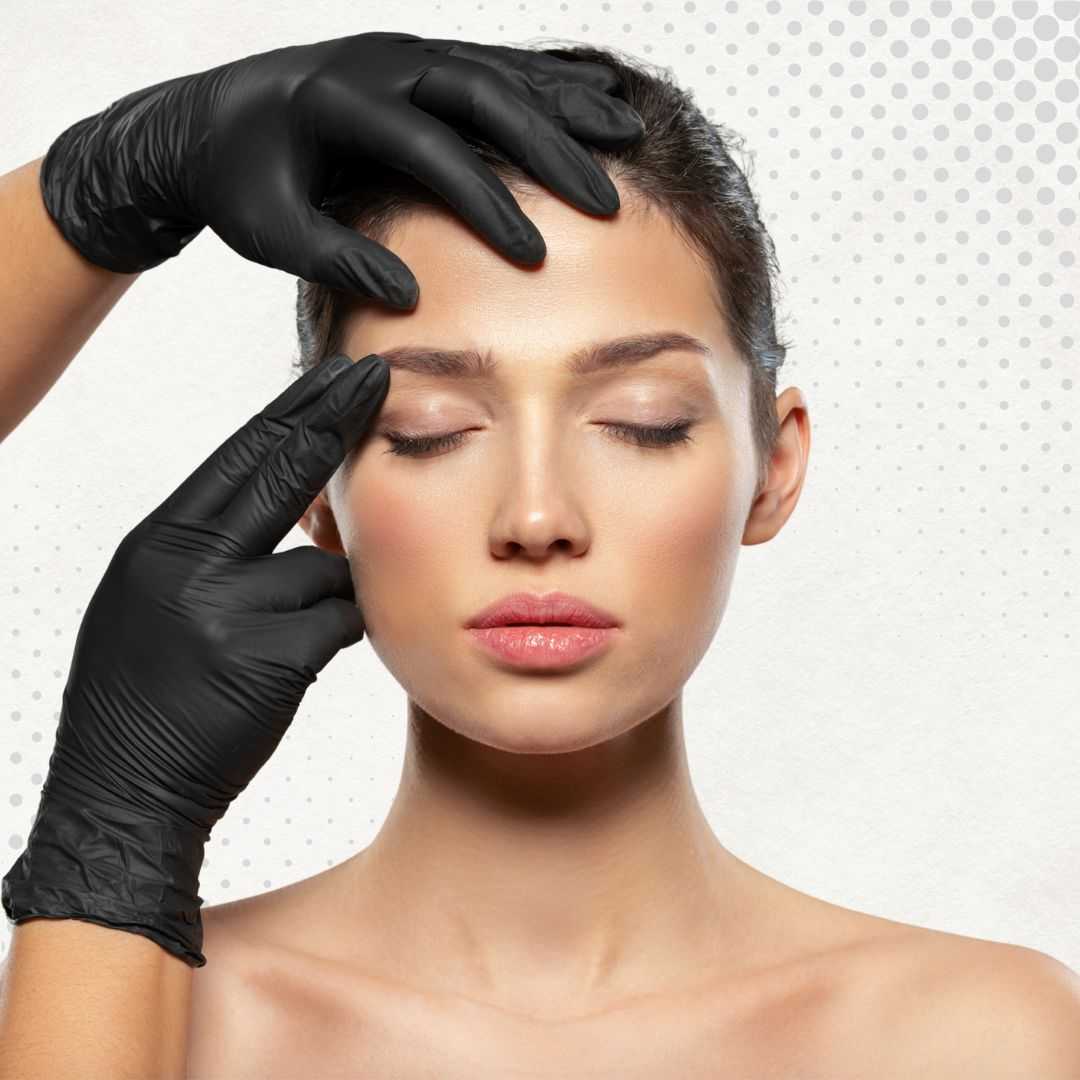

.png)
.png)
.png)

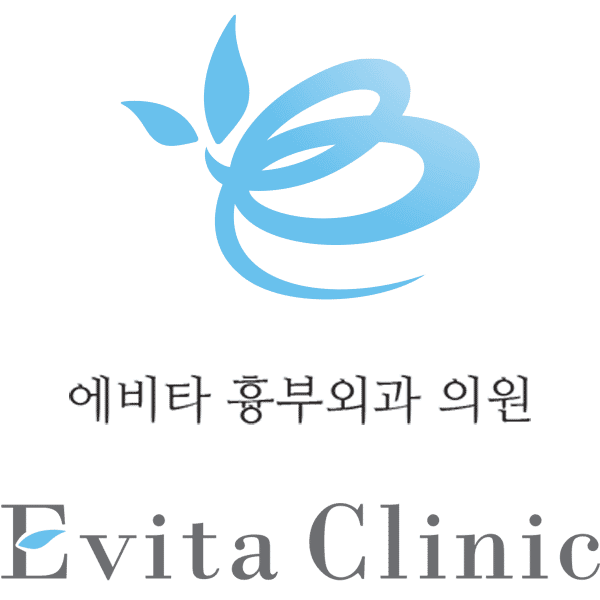
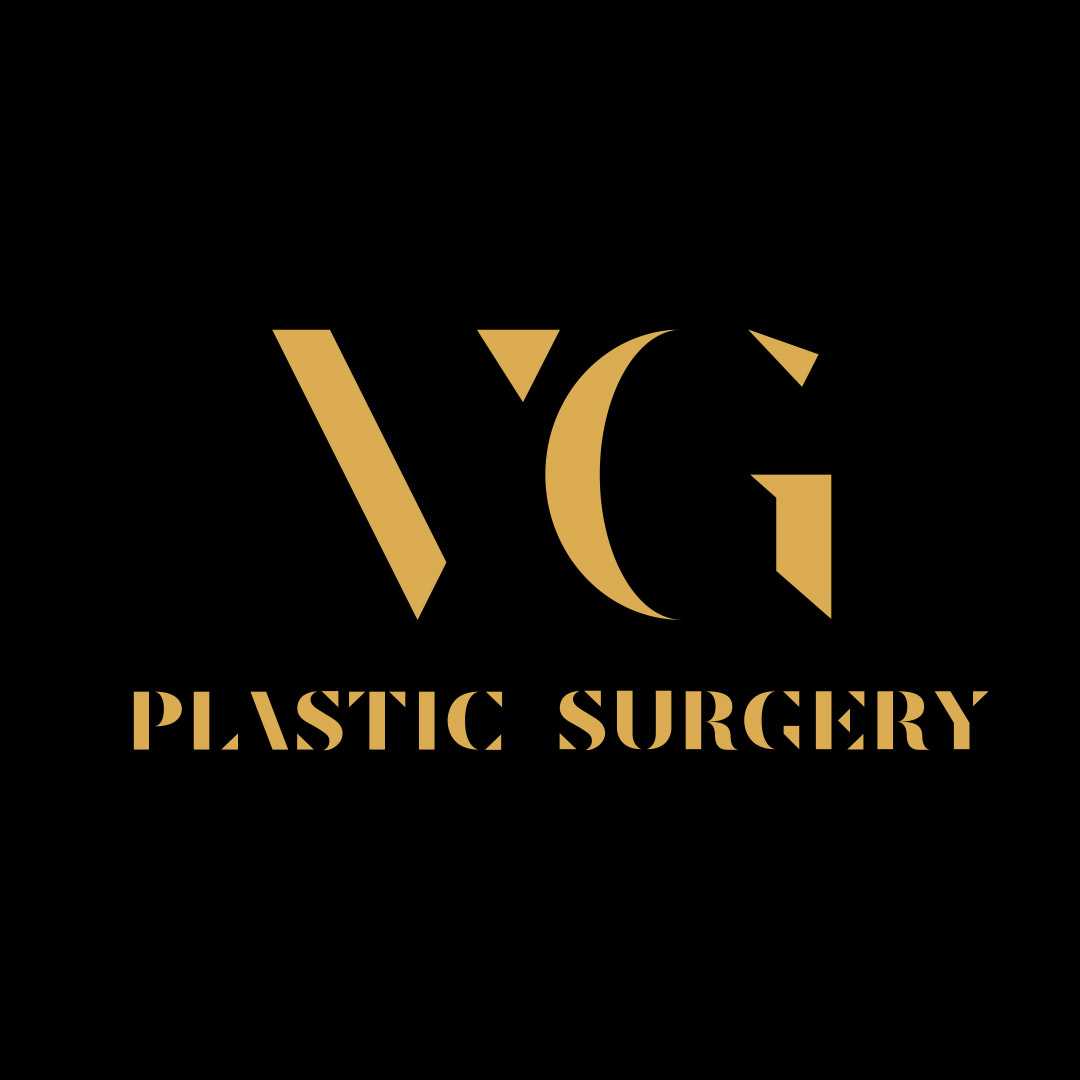
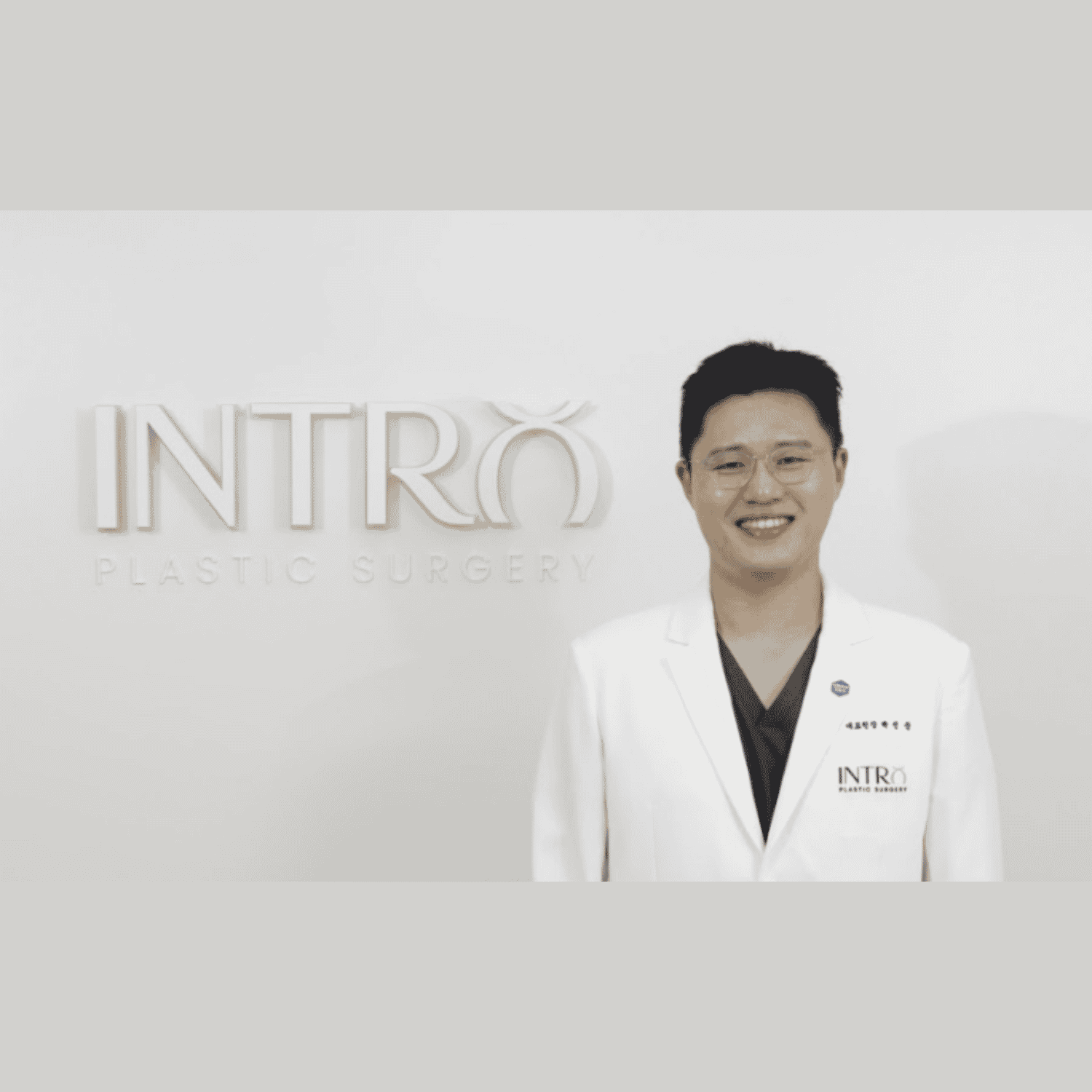

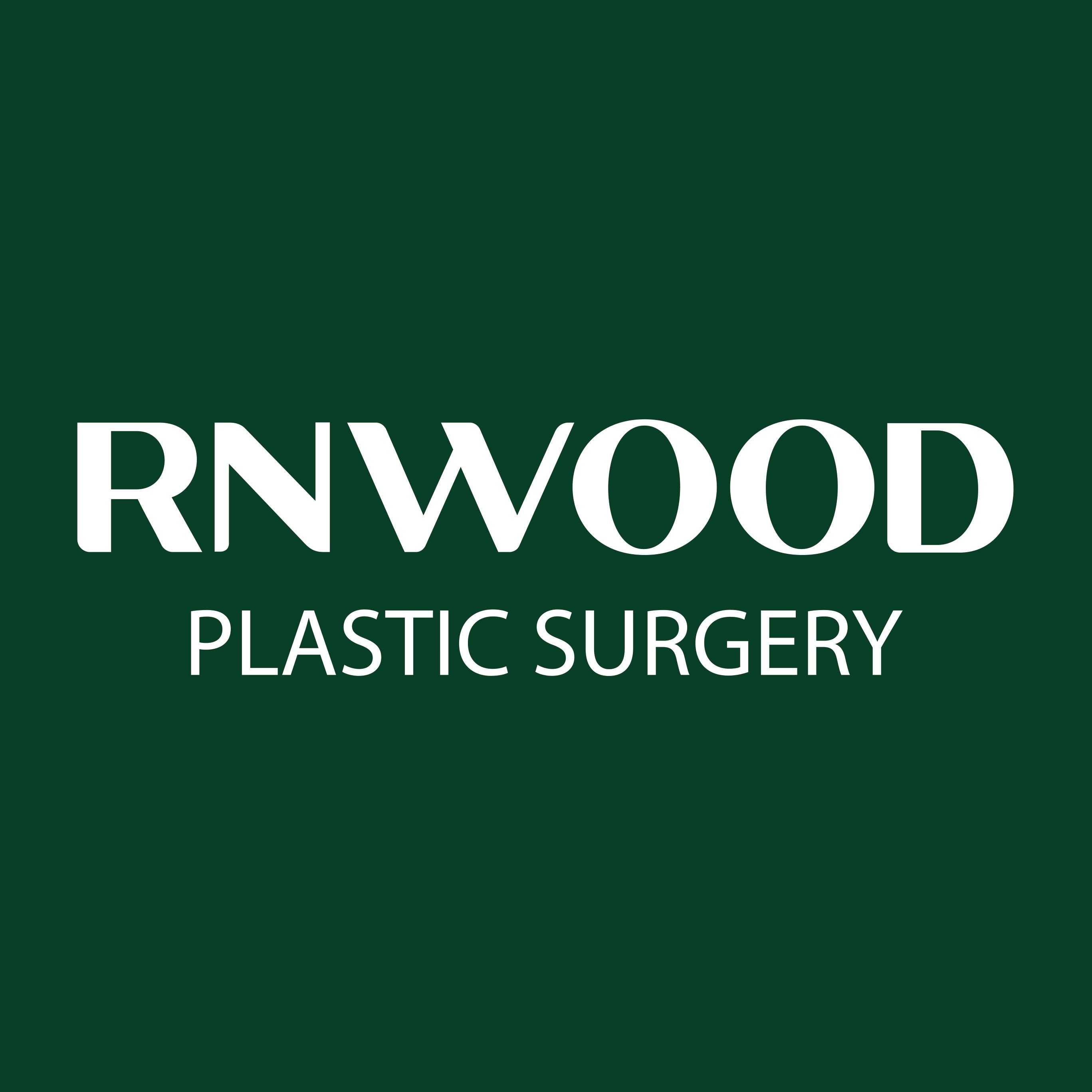

Share this listing